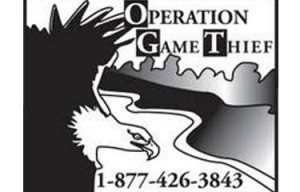Sign up for women-only workshop to Become an Outdoor Pro
If you’ve ever wanted to pick up a bow and hit a bullseye, pitch a tent without any help, clean a fish you caught, or start a fire in no time flat, sign up for the 2016 Spring Becoming An Outdoors-Woman (BOW) workshop May 13-15. Participants of BOW will spend a weekend away at Camp Wood YMCA in Elmdale learning anything and everything they want to about the outdoors. And the best part is, there’s no pressure.
Offered through the Kansas Department of Wildlife, Parks and Tourism, BOW is designed to teach women outdoor skills in a fun, friendly, and laid-back atmosphere. With 27 different classes to choose from, participants can have fun mixing and matching the topics they learn about.
Cost for the three-day workshop is $235, which includes lodging, meals and class supplies. Three $100 scholarships are available to first-time participants based on financial need.
Early registration will be open to first-time participants through March 27. If spots still remain, past participants may register beginning March 28. Applicants are encouraged to apply early as the spring workshop is limited to 40 participants. To register, visit www.ksoutdoors.com and click “Education,” then “Becoming an Outdoors Woman.”
For questions, call or email Jami McCabe at (785) 845-5052 or [email protected].
To learn more, and view pictures of past workshops, visit the BOW Facebook page found under “Becoming an Outdoors Woman KANSAS.”

